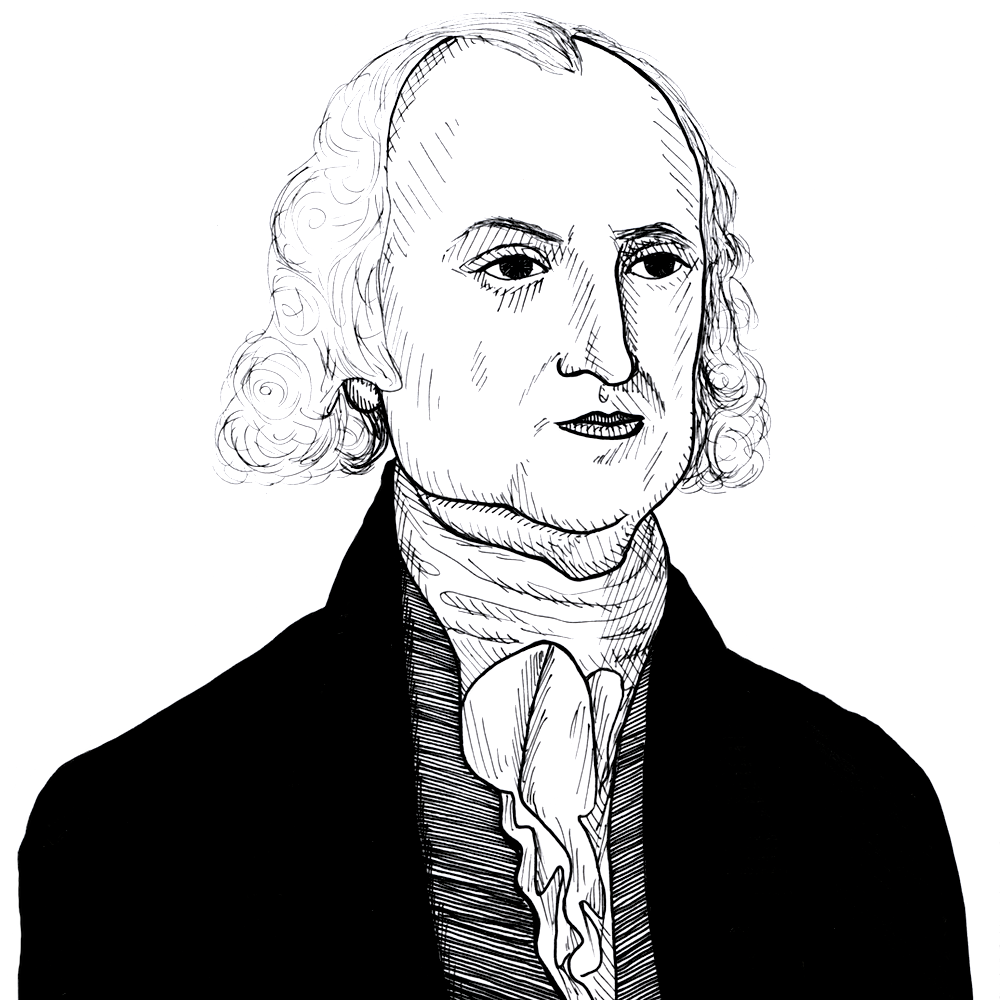
James Madison on the “sagacious and monied few” who are able to “harvest” the benefits of government regulations (1787)
Found in: The Federalist (Gideon ed.)
In Federalist Paper no. 62, James Madison (1751-1836) observes that every piece of government legislation opens up opportunities for profit by a “sagacious and monied few” to take advantage of their less well-informed fellow citizens:
Class
Another effect of public instability, is the unreasonable advantage it gives to the sagacious, the enterprising, and the monied few, over the industrious and uninformed mass of the people. Every new regulation concerning commerce or revenue, or in any manner affecting the value of the different species of property, presents a new harvest to those who watch the change, and can trace its consequences; a harvest, reared not by themselves, but by the toils and cares of the great body of their fellow citizens. This is a state of things in which it may be said, with some truth, that laws are made for the few, not for the many.